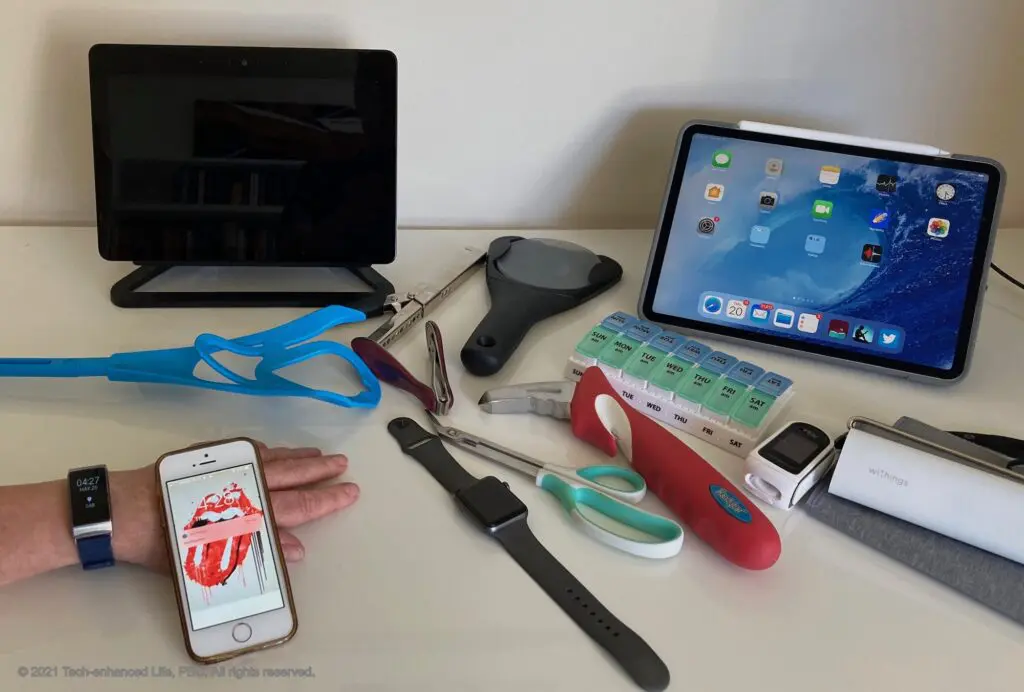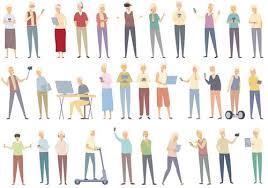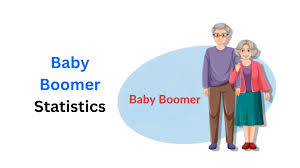Noting from studies how easily AI-powered chatbots can be manipulated to craft convincing phishing emails.
Connected care in the home has the potential to address both the preferences of older adults and the societal imperative to care for a rapidly growing aging population
A practical guide to understanding autonomous AI agents, why they matter for healthcare governance, and what to do about them.
The growing ecosystem of devices and products serving peoples’ health and well-being shows us that innovators already see the opportunity to serve the fast-growing market for self-care among people 50 years of age and up.
For nearly twenty years, one thing has felt inevitable: when boomers reach “old age,” senior living demand will surge. And yet ..

 ears is a long time in the tech world. In 2011, 30 executives across the tech industry were queried about how technology needed to change to accommodate older adults. Opinions in this AARP-sponsored report were obtained from Intel to HP to Google to Cisco to Microsoft to Philips, from Stanford to Georgia Tech to UCLA as well as multiple futurists and startups. The report is not on the AARP website any more, understandably because it is too old – but can be found here:
ears is a long time in the tech world. In 2011, 30 executives across the tech industry were queried about how technology needed to change to accommodate older adults. Opinions in this AARP-sponsored report were obtained from Intel to HP to Google to Cisco to Microsoft to Philips, from Stanford to Georgia Tech to UCLA as well as multiple futurists and startups. The report is not on the AARP website any more, understandably because it is too old – but can be found here:  Tech users today span all ages. Published at around the same time as the
Tech users today span all ages. Published at around the same time as the  As they do each year since 2016, AARP surveys the 50+ about tech. AARP’s new
As they do each year since 2016, AARP surveys the 50+ about tech. AARP’s new  January 2026 is just around the corner. And so will begin the wave of
January 2026 is just around the corner. And so will begin the wave of  Baby boomer aging – it’s a big tech opportunity. Today there are
Baby boomer aging – it’s a big tech opportunity. Today there are